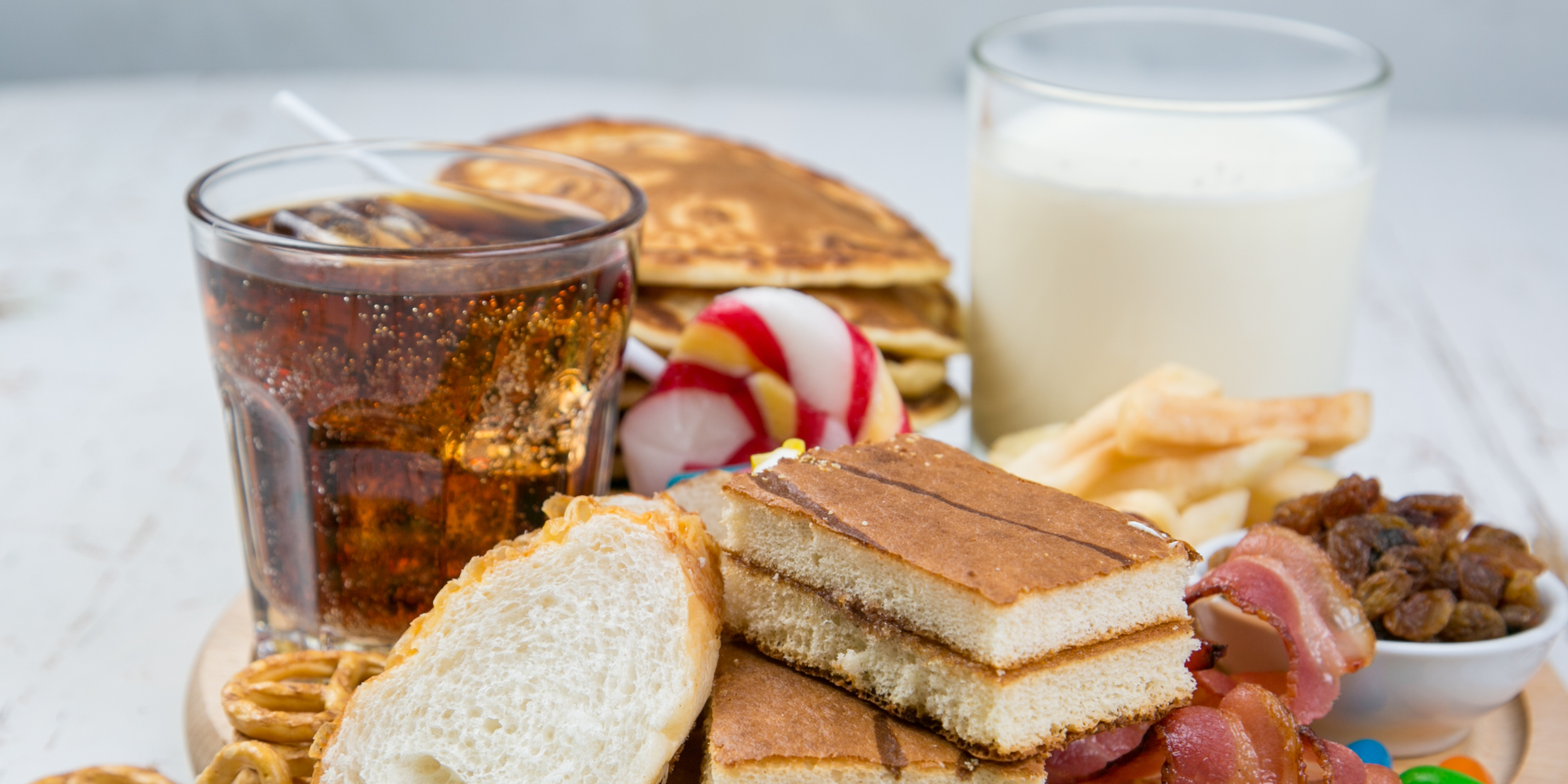Colitis, an inflammatory condition affecting the colon, requires careful attention to diet. Certain foods can aggravate symptoms and prolong flare-ups, making it vital for those with colitis to understand which foods to avoid. A proper diet can help reduce inflammation, ease discomfort, and support gut healing. This article outlines some of the top foods that should be avoided to manage colitis effectively.

Avoid High-Fat and Processed Foods
One of the key groups to avoid includes foods high in unhealthy fats. For example, processed oils and fried foods can worsen inflammation in the colon. The visual of a bottle of cooking oil highlights the importance of steering clear from excessive oil consumption, especially refined or processed varieties. Instead, opting for healthier fats in moderation and focusing on anti-inflammatory foods is recommended.
Steer Clear of Certain Pasta and Refined Carbohydrates
Refined pasta and carbohydrates can also exacerbate symptoms of colitis. The image showing various types of pasta like penne and bow-tie pasta reminds us that such processed grains might not be suitable for a sensitive digestive system. These foods can be harder to digest and might contribute to irritation in the colon. Choosing whole grains or low-fiber alternatives during flare-ups can be a better strategy.
Limit Pickled and Fermented Foods
Pickled foods, such as the jarred pickles shown in one of the visuals, often contain high amounts of sodium and vinegar, which can irritate the colon lining. For individuals with colitis, such foods may trigger discomfort or worsen symptoms. It's important to reduce or avoid pickled and fermented items during active phases of the disease.
Avoid High-Fat Meats
Meat consumption needs careful consideration as well. The image depicting juicy, cooked steaks serves as a reminder to avoid high-fat meats that can be challenging to digest. Red meats, especially those cooked with added fats or oils, can inflame the digestive tract and increase discomfort. Leaner protein sources or plant-based proteins are preferable options.
Caution with Eggs and Avocado Toast
While eggs and avocado are generally considered healthy, the image of avocado toast topped with soft-boiled eggs suggests that certain combinations may not be ideal for all colitis patients. Rich, fatty foods, even those packed with nutrients, can sometimes aggravate symptoms during flare-ups. Monitoring personal tolerance is essential, and sometimes these foods need to be limited.
Sweet and High-Sugar Foods
Though not explicitly shown, sweet foods and sugary items are often part of the broader list of foods to avoid. They can contribute to gut inflammation and upset the balance of good bacteria in the colon.
Summary
Managing colitis through diet involves avoiding certain types of foods that can worsen inflammation and symptoms. Key foods to avoid include:
- Cooking oils and high-fat processed foods
- Refined pasta and carbohydrates
- Pickled and fermented foods
- High-fat red meats like steaks
- Potentially rich foods like eggs and avocado during flare-ups
By paying close attention to these food groups and how your body responds, you can better manage colitis symptoms and promote healing in the digestive tract. Always consult a healthcare provider or dietitian for personalized dietary advice.

